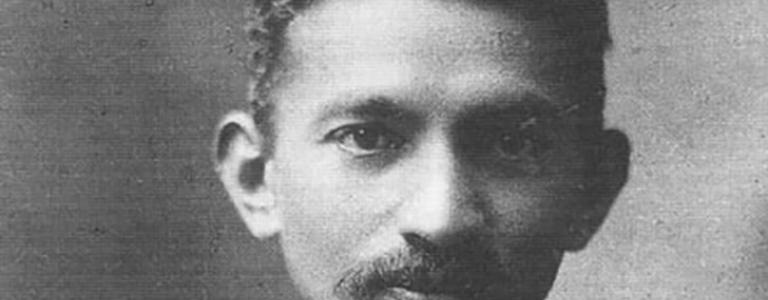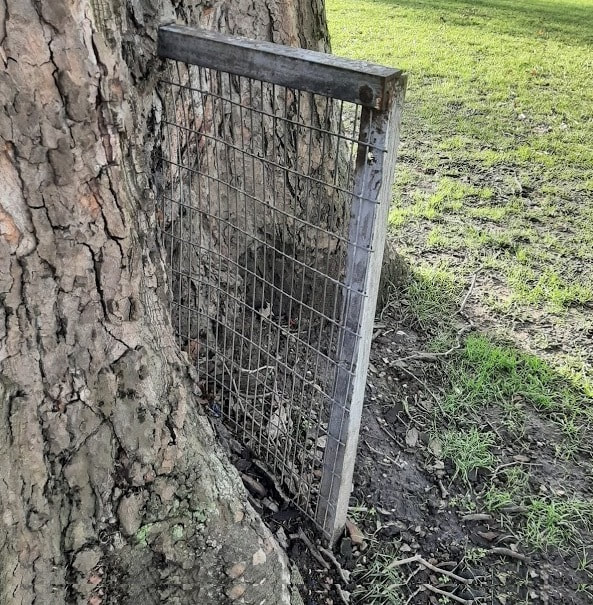|
Credit: history.co.uk Mahatma Ghandi, a man many of us see as an incredible leader and role model, is credited with challenging us to the "be the change you want to see in the world". Apparently, he was never heard to have used that phrase, but as it is very aligned with what he could have said, its a helpful inspiring sentiment for us all to remember. What he did say was: “We but mirror the world. All the tendencies present in the outer world are to be found in the world of our body. If we could change ourselves, the tendencies in the world would also change. As a man changes his own nature, so does the attitude of the world change towards him. This is the divine mystery supreme. A wonderful thing it is and the source of our happiness. We need not wait to see what others do.” People come to work with me because something in their work-life isn't working for them, their efforts are not yielding the rewards they were expecting. This applies to groups as well as individuals. The conversations often start of with identifying poor attitudes, habits or behaviours in others. There is normally a lot of "evidence" to suggest that if these other people behaved differently, the world would be a better place, for my clients and often for others. If only the other person/people listened more, or was less of a control freak or whatever. This ties in with Stephen Covey's concept of the circles of influence and concern, where he advises us to focus on the things we have direct control over and step away from fretting about the things we have no control over.
Be the change you want to see is a call to focus on the difference you can make to the one thing you have a lot of control over: yourself. If we want our colleagues to listen to us, we can start by listening to them. And if we want our leaders to trust us, we need to demonstrate that we are willing to reciprocate and trust them. It takes courage to take the first step, to be vulnerable and to be generous without having any certainty that we will see any benefits.
My challenge for all of us is to be the change you want to see, because if you are different, people will notice and respond to you differently. You may get a variety of reactions, some good and some less good, but you will be able to stay confident and strong, knowing that you are the best role model for whats important to you. References: Covey, S, “The 7 Habits of Highly Effective People”, Simon Schuster Ltd Uk, 1990.
0 Comments
On a walk in Peckham Rye recently I saw this tremendous tree, with a fence that it had absorbed at some point in its long life. It reminded me of how resilient all living things can be. The tree, if it could share its thoughts, would confirm that it would have much preferred to not have had any contact with a fence, I am sure, but it has been able to incorporate it into its existence and thrive magnificently. And thats a wonderful example to us all of the resilience we can aspire to have in our lives.
I have yet to meet an adult who has not experienced a setback or challenge of one kind or another. I'd say, by the time most people leave school, they will have had a setback of one kind or another: a failed exam, a broken heart, a loss of some kind. Elizabeth Kübler-Ross exposed to the world how grief works: There are 5 stages: denial, anger, bargaining, depression and acceptance. Its not a linear experience and each person experiences if very uniquely. Its possible to cycle through all of the stages in a day or stay in one one for months. Her final stage was acceptance, which is when the person accepts that the change has happened and there is no going back to how things used to be. Recently, one of her collaborators, David Kessler, through his experience of a devastating personal loss, was able to discover a 6th stage: the ability to find something meaningful in the grief, a phoenix from the ashes of loss. This, in the Positive Intelligence framework is the 'gift of inspiration'. The ability to find meaning from loss and disappointment. The skill of looking back on a broken heart and know that it was something that needed to happen, a life lesson that helped shape a better future. Or a less-than-ideal exam result turning out to be a great wakeup call for improving one's focus on study. David Kessler was able to find a way to process the loss of his adult son was through acknowledging that his son "was proud of what I did, and he’d be pleased that my work has found a new dimension because of him,”. It is my deepest hope that none of us are exposed to experience that test our resilience so deeply. Life is full of ups and downs, some are bigger and more important that others and each of them takes their own time for us to work through them. I invite you to consider this lovely tree in Peckham Rye (in fact there are a couple of them) and consider how you can take the setbacks you have experienced and weave them into your life so that you continue to grow into your confident, strong, wonderful self. Need some help with getting your bounce back? Get in touch and lets talk about it! Further reading Moorhead, J (2021) "Finding meaning in the life of a loved one who dies is part of grief", The Guardian, 17 Jan More about David Kessler on his website Grief.com Photo by Guille Álvarez on Unsplash 3 tools to help you decide what’s best for you right now You are in a job you’ve had for a while. Some things are going well, you might love your team or the work that you do or the location, but something isn’t quite right. You try to ignore the niggles because there is so much that you like about the job that it seems ungrateful to even think about the downsides. Every so often, especially in the middle of the night, you try to weigh up your options and make a decision only to flip back into uncertainty minutes/hours/days later. Sound familiar? I have a few tools that can help you make up your mind: 1. Pros and cons This is an old favourite but don’t let that put you off because it works. List out what is great and what is not good about each option. Try and be as thorough as you can be, so that you tease out all the genuinely good and bad things about your current place of work versus going elsewhere. 2. Ask your future self for advice Imagine you could speak to your older, wiser self and ask their advice on this dilemma. What would he/she say? Sit down in a nice quiet spot, take a few slow deep breaths and imagine travelling in time to visit yourself in your later years. Take your time and enjoy the journey and try to take note of the detail of your future life. Ask your elder self to advise you on what you should do now. You may be surprised with the advice you get! 3. Cartesian questions René Descartes (1596-1650) was a French mathematician, scientist, and philosopher. Aside from his famous pronouncement “I think, therefore I am” he also invented a method of deductive reasoning that consists of four rules: (1) accept nothing as true that is not self-evident, (2) divide problems into their simplest parts, (3) solve problems by proceeding from simple to complex, and (4) recheck the reasoning. You can use that logic to ask yourself the following questions about each side of your dilemma:
The questions are designed to go from straightforward to totally confounding, which helps flip a mental switch and moves people into a much more creative state of mind.
I hope you find these tools useful. I often use them myself or with clients. I'd love to hear your experiences of using them! |
Author25 years experience in helping teams build user centred products and services, now helping digital colleagues learn how to bounce back better than before from the challenges life throws at us from time-to-time. Archives
December 2022
Categories
All
|




 RSS Feed
RSS Feed